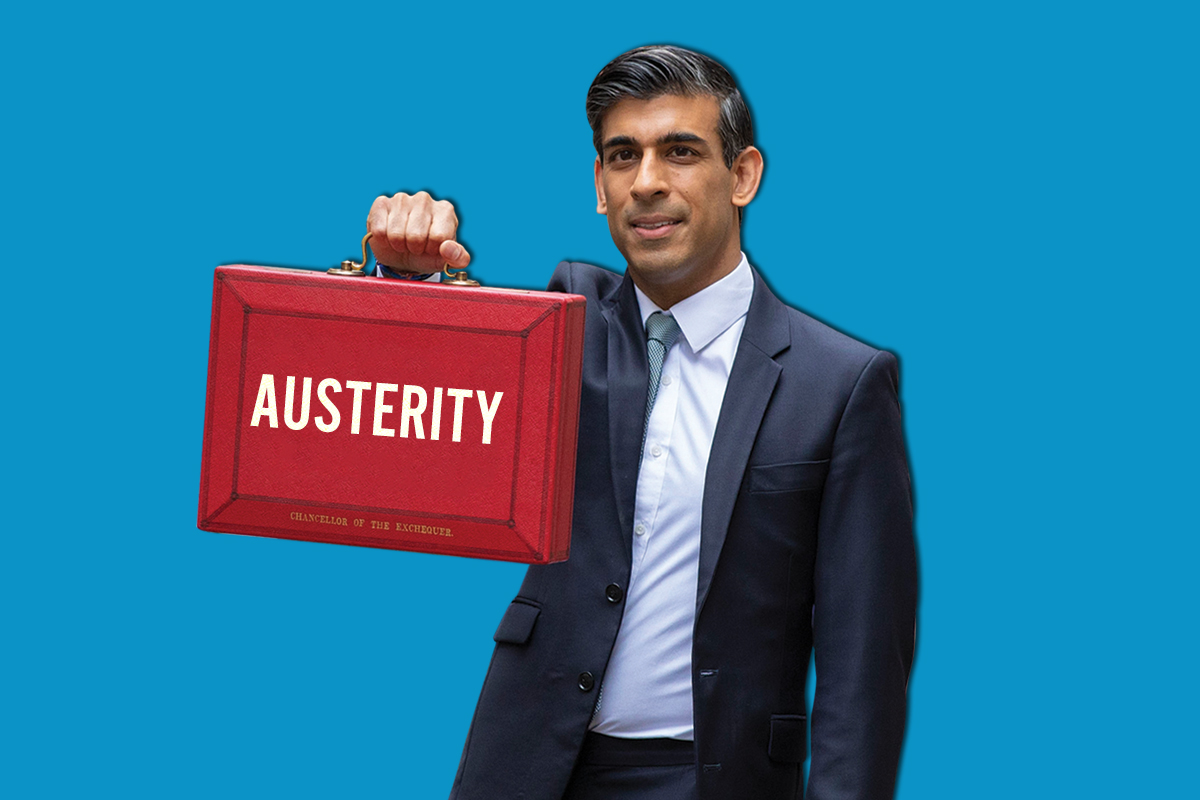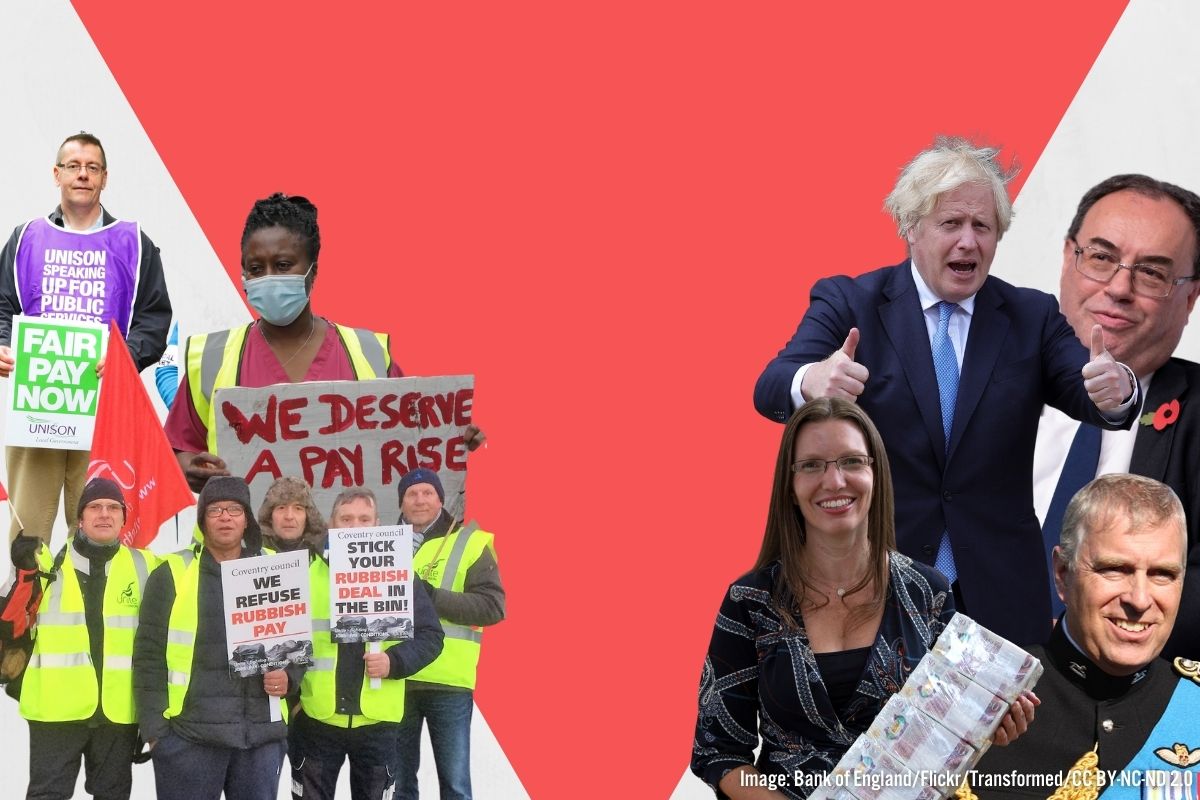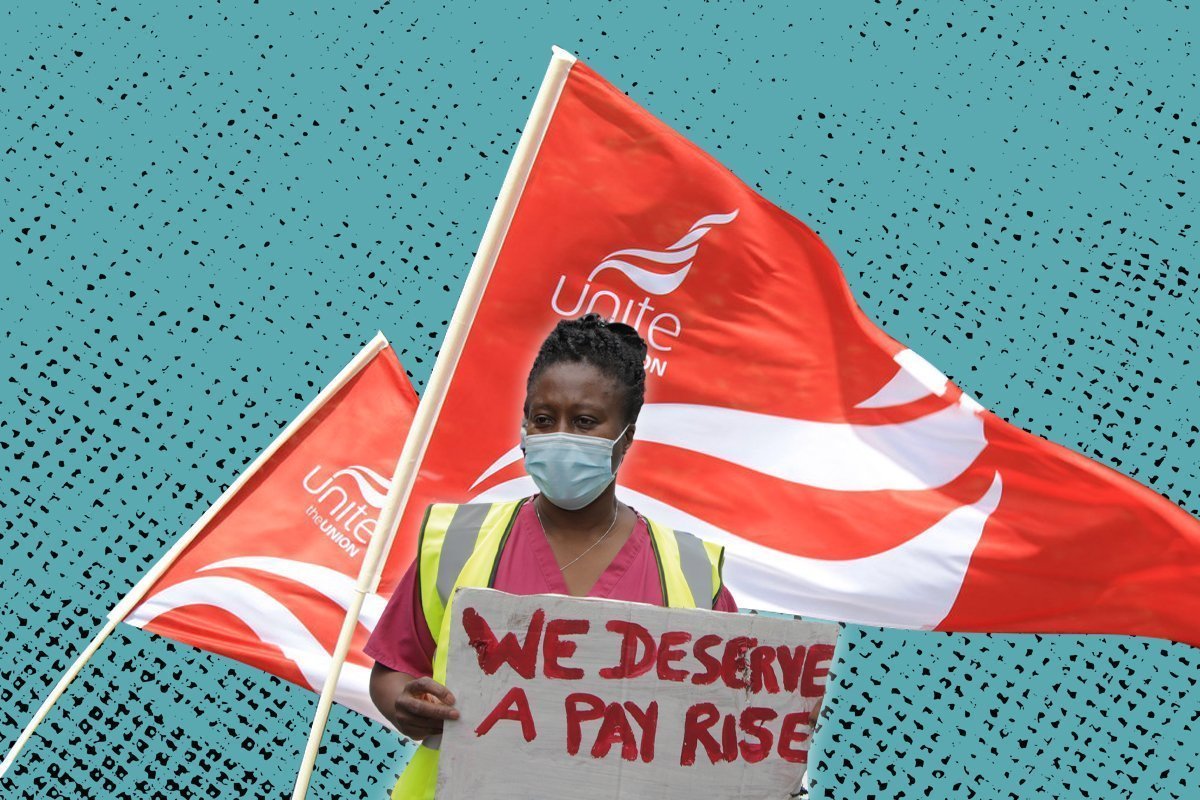Council workers organised in Unite have voted against a pathetic below-inflation pay offer, setting the scene for strike action. Trade unions leaders must organise members to take coordinated action, and launch a militant fightback.
Unite members working in local government have voted overwhelmingly to reject a derisory 1.75% pay increase by the Local Government Association (LGA).
70,000 members were balloted, with 80% voting in favour of industrial action across more than 300 local authorities.
This means that strike action is now on the cards towards the end of this month, wherever the turnout threshold was met. This represents a monumental fight against the continuing austerity and increasing exploitation that is crushing public sector workers.
Them and us

With an RPI rate of inflation of 7.8% eroding living standards for workers across Britain, no wonder Unite members have rejected the LGA’s 1.75% offer (2.75% for the lowest-paid).
This comes on top of an overall real-terms pay cut of 25% for council workers over the last 12 years.
Some ‘public sector workers’ are doing a lot better than others, however. MPs will get a £2,200 pay rise next month, taking their basic salary from £81,932 to £84,144. One millionaire Tory MP, Peter Bottomley, nevertheless had the gall to lament the ‘struggle’ of living on this tidy sum.
Perhaps these scoundrels didn’t get the memo from the governor of the Bank of England, who called for pay ‘restraint’ to fight inflation?
More likely they did, but simply concluded that ‘restraint’ only applies to those working in slashed public services, or on the frontline of the pandemic, and not to them.
Despite promises by the Tory government that austerity is over, and that the country will be ‘levelled up’, workers are being squeezed ever tighter by rising prices, increasing national insurance and council tax, low pay, and cuts.
Local council budgets, meanwhile, have been slashed, leaving a £3 billion financial black hole in total across the country.
As the crisis of capitalism deepens, in other words, it is the working class who are being asked to foot the bill.
For united action
While Unite is preparing for action over the proposed real-terms pay cut, GMB and Unison have unfortunately accepted the offer.
Unison, the largest union in the country, and in local government, ran indicative ballots on pay late last year. But whilst those who voted overwhelmingly supported action, turnout was low.
This was the product of low morale amongst members; and this, in turn, is the result of years of class collaborationism from the old right-wing, bureaucratic leadership, who have overseen a decline of members’ wages and conditions.
Across Britain, workers in different sectors are fighting for and winning real pay rises – particularly those organised in Unite. And this discontent amongst workers will only grow in the coming months, as inflation increases further and the bosses’ attacks intensify.
Workers, if united and militant, can win. But this fight requires leadership and organisation.
With the TUC dragging its feet, left-led unions like Unite, Unison, and PCS must coordinate and show the way forward by building momentum for a fightback on pay – in the public sector and beyond.
Militancy pays

In 2011, there was immense potential for coordinated action between millions of public sector workers in a battle over pensions. But this struggle was thwarted by the right-wing union leadership of the time – particularly in Unison.
Today, the context is completely different. And the stakes are far higher.
The unions are being transformed as the class struggle heats up. The leadership of Unison has moved to the left. And with the support of general secretary Sharon Graham, Unite members are increasingly taking militant action in defiance of anti-union laws in order to win.
At the same time, despite an 80-seat majority in Parliament, the Tory Party is deeply unpopular, riven by splits and scandals. All the while, workers are looking down the barrel of a cost-of-living catastrophe.
Under these conditions, a public sector wide strike – demanding the reversal of austerity and privatisation; real pay rises for all workers; and an end to draconian anti-trade union laws – could bring the government to its knees.
Linked to a fighting programme for the socialist transformation of society, the labour movement could fight the cuts and make the billionaires pay for this crisis.
Such a vision would mobilise trade union members everywhere. Only in this way can we secure a decent future for workers in local government and across society.






